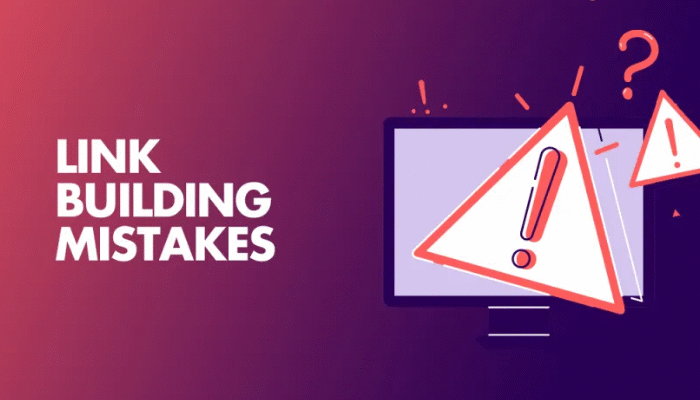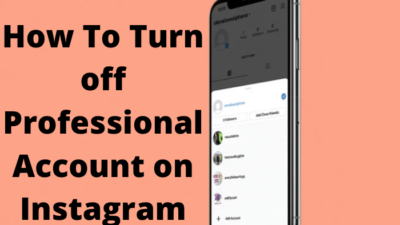Backlinks are crucial in improving a website’s search rankings, but not all link-building strategies are equal. Low-quality link-building can do more harm than good, leading to penalties, loss of credibility, and wasted investments. Understanding these risks and how to avoid them is essential for businesses and agencies looking to resell SEO effectively.
The Dangers of Low-Quality Link Building
Google Penalties and Ranking Drops
Search engines have strict guidelines against manipulative link schemes. Acquiring links from spammy directories, link farms, or private blog networks (PBNs) can trigger penalties, leading to a drop in deindexing, especially rankings. Once penalized, recovering your rankings can take months of corrective action.
Poor-Quality Links Dilute SEO Value
Not all backlinks carry the same weight. Links from irrelevant, low-authority or spammy websites can negatively impact your SEO efforts. Instead of boosting domain authority, these links may be ignored or flagged as toxic. This can reduce the effectiveness of your link-building reseller efforts.
Wasted Investment and Resources
Building backlinks requires time, money, and effort. Investing in low-quality link services may seem cost-effective initially, but it often wastes resources. Links that get removed, devalued, or penalized won’t contribute to long-term SEO success, forcing businesses to restart their efforts.
Damage to Brand Reputation
Low-quality link-building strategies can harm a company’s credibility. Potential customers and partners may perceive your brand as untrustworthy if your website is associated with spammy or irrelevant sources. This can affect conversion rates and overall business growth.
How to Avoid Low-Quality Link-Building Risks?
Work with Reputable SEO Providers
Partnering with an experienced SEO provider ensures ethical and effective link-building strategies. Agencies that resell SEO should choose white-label partners who prioritize quality over quantity.
Focus on High-Authority and Relevant Links
Prioritize earning links from high-authority websites in your industry. Guest posting, editorial mentions, and natural link-building efforts contribute to sustainable SEO success.
Monitor and Audit Backlinks Regularly
Regular backlink audits help identify and remove toxic links. Tools like Google Search Console and third-party SEO software can help track backlink health and detect potential risks.
Stay Updated on Google’s Guidelines
SEO constantly evolves, and staying informed about Google’s best practices ensures compliance. Avoid outdated or black-hat link-building techniques that could lead to penalties.
Closing Remarks
Low-quality link-building can harm rankings, waste resources, and damage a brand’s reputation. To ensure long-term success, businesses should adopt ethical SEO strategies, work with trusted partners, and focus on high-quality links.
Learn more about sustainable SEO practices from this guide and build a strong, penalty-free backlink profile.

















Comments